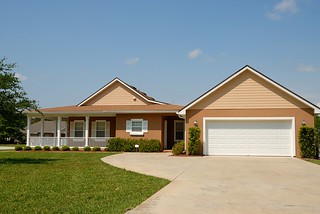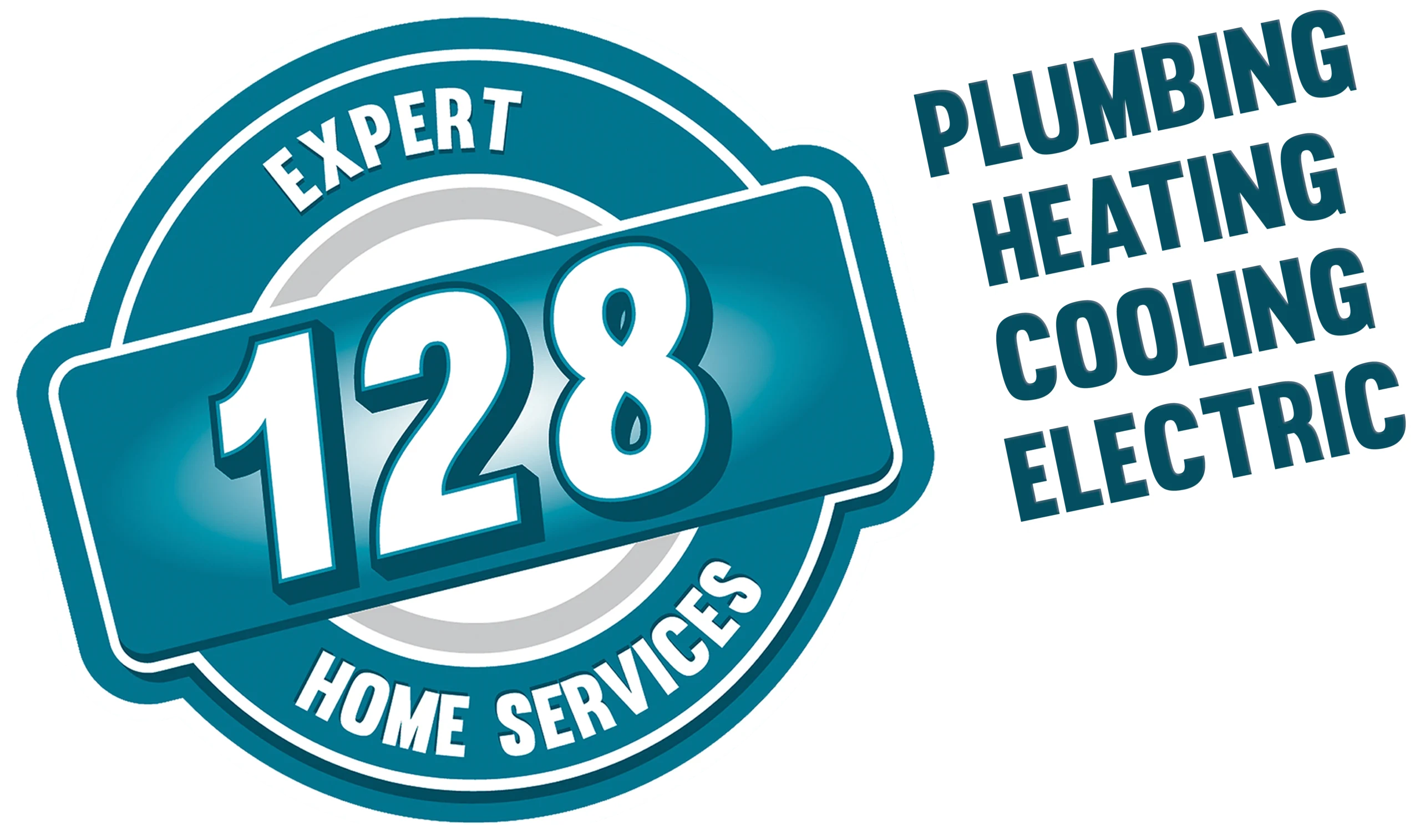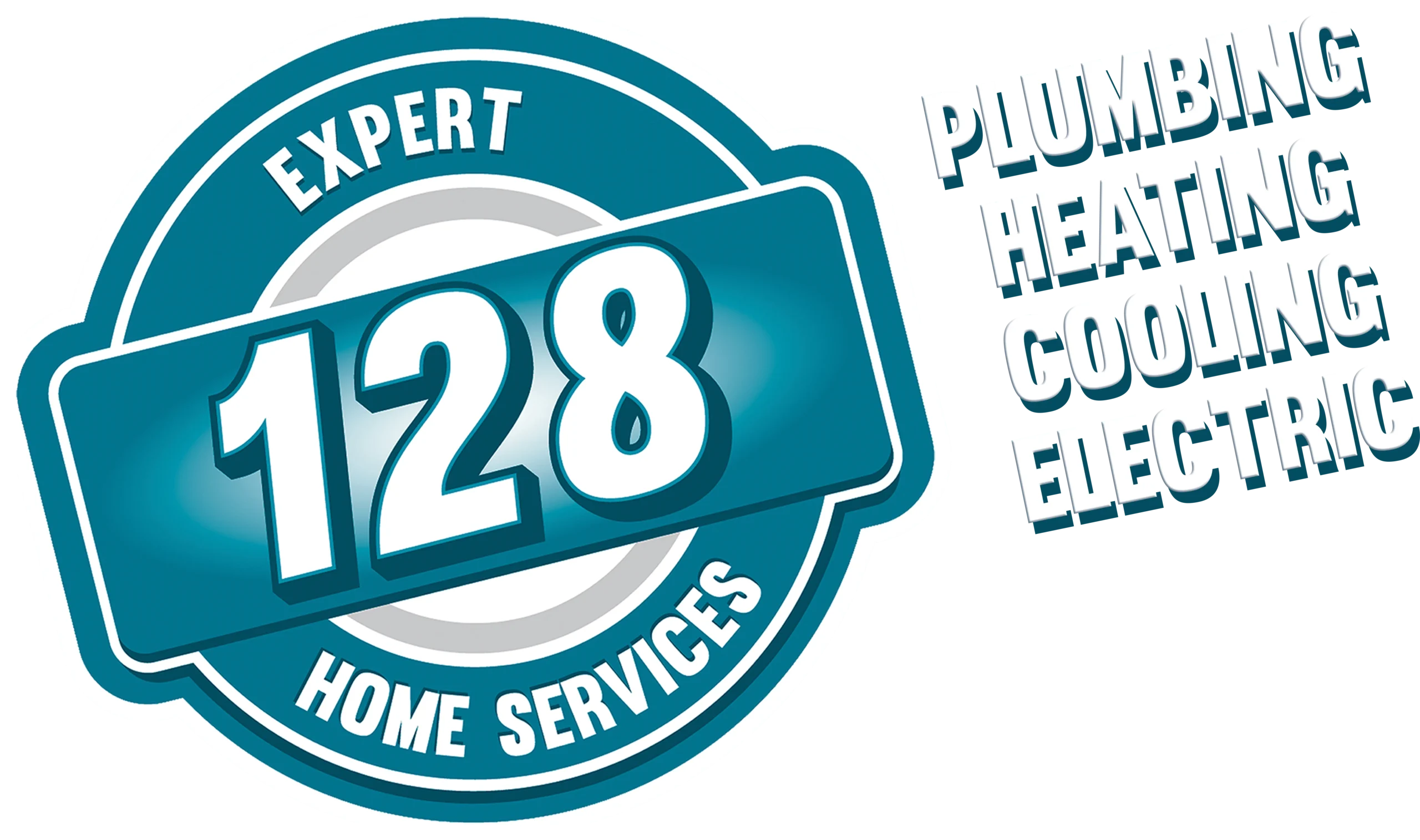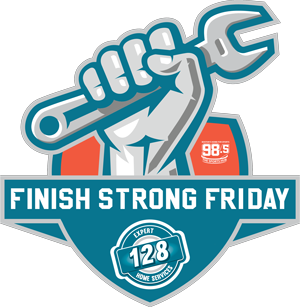
Your drain pipes and main sewer line are unseen, but still vital components of your Lexington home’s plumbing system, and you rely on them to help maintain a healthy, hygienic living environment. If you start to notice unseemly smells from your kitchen or bathroom fixtures, backed up wastewater, or slow draining tubs, sinks, and toilets, trouble may be brewing in your Lexington property’s drain pipes and sewer line that needs further investigation.
Our experienced 128 Plumbing team uses specialized tools and the latest technology to scope out your drain pipes and sewer line so we can provide you with the most effective solution. Here are some of the most common issues we encounter in Lexington residential drain pipes and sewers that can cause bad odors along with solutions.
Dry Drain Traps
If you have an unused sink or bathtub, water may evaporate in the curved drain trap beneath it, leaving the pipe open to sewer gases. This is a very simple fix. All you need to do is run some water down the drain occasionally to keep that curved pipe full of water and odor-free.
Grease Blockages in Lexington Sewer Lines
Any grease that goes down your kitchen drain line can cause a partial or complete blockage of your Lexington home’s main sewer line over time. This happens because grease doesn’t dissolve in water, and in colder temperatures, it quickly turns into a solid substance that adheres to and builds up on the interior of sewer pipes. Any other debris that goes down the line then gets caught in the clog, so the flow of water slows or stops and backs up. Clogs can become a breeding ground for bacteria — and odor. While sewer line clogs caused by grease are a smelly inconvenience and can leave you facing a messy clean up inside your Lexington home, they’re fairly easy to fix by hydrojetting out the line.
Corroded or Deteriorated Lexington Sewer Lines
Many older Lexington residences still rely on the clay or cast iron sewer line installed when the home was built decades ago. These sewer line materials don’t last forever — clay pipes have an expected lifespan of 50 to 60 years, while a cast iron sewer line may last for 75 to 100 years. An aging clay line becomes vulnerable to cracking, breaking, and collapse, and similar issues can develop with an older cast iron pipe that’s eaten away by corrosion. Slow draining or blocked sewer lines are another potential cause of bad odors.
If the deterioration of your clay line or corrosion in your cast iron sewer line is causing slow draining, trenchless sewer pipe relining may be possible. If the sewer line has collapsed or is completely blocked in one or more locations, our experienced 128 Plumbing pros may recommend replacing the line with modern PVC sewer pipe that won’t break down or rust out.
Tree Root Damage to a Lexington Sewer Line
Trees are an attractive addition to your Lexington property, but they can also cause costly damage to your sewer line. Some species pose more of a sewer line threat than others — for instance, trees in the willow family are notoriously thirsty with fast-growing roots, while oaks, pines, and maples often develop extensive root systems as they mature. These roots can crack, crush, or push a sewer line out of alignment, leading to blockages, wastewater backups, and foul odors.
Clay line is particularly susceptible to damage, but roots can also harm a cast iron or PVC sewer line. Based on an assessment of your sewer line, our team of experts at 128 Plumbing may recommend hydrojetting out the line then using a root-killing treatment, or advise you that augering out the pipe periodically can help keep new root growth under control. Relining the pipe may be a solution to fix leaks, but a badly damaged clay or cast iron sewer line may need to be replaced.
Lexington Sewer Line Cracks
Cracking of an aging cast iron or clay sewer line is a common occurrence in Lexington. Soil movement caused by seasonal freeze and thaw cycles can also put pressure on a sewer line that results in hairline cracks forming around fittings and joints. Cracks on the bottom of the pipe can allow foul-smelling sewage to leak out into the lawn of your Lexington property and cause settling of the sewer line that worsens the problem. Depending on the extent of the damage, performing trenchless relining of the pipe may be a noninvasive solution.
Offset Sewer Pipes on Lexington Properties
Changes in the earth surrounding your Lexington home’s sewer line can cause pipes to get out of alignment, or become “offset” over time. When this happens, sections of the line that were properly joined together no longer line up correctly. This sewer line issue may be due to tree root growth, leaks from line deterioration that cause the soil to settle under the sewer line, or the heaving that occurs as frost leaves the ground in Lexington each spring. Regardless of the cause, a significant line offset can allow sewage to seep out, or create a spot where debris catches and forms a blockage on the inside of the sewer line. If your Lexington sewer line isn’t badly cracked or buckled, and the offset is minor, relining the pipes from the interior may be possible.
Problems With Other Lexington Household Drain Lines
Other essential systems and equipment in your Lexington home also have drain lines that can get clogged up and cause damaging water backups, or ruin costly parts and equipment. Here are two of the most common problems that occur in Lexington households:
Blocked HVAC Drain Line
Central air conditioners and condensing furnaces have built-in pipe lines that allow condensation to drain away harmlessly. These PVC pipes may be run into a basement floor drain or routed to another plumbing drain that connects to the sewer line inside your Lexington home. If an HVAC drain line gets blocked by debris or algae growth, condensate can back up, overflow the drain pan, and soak the carpet or flooring, or damage adjacent walls or ceilings. Damp wood and carpet can start to smell musty due to the buildup of mold and mildew. Scheduling an annual HVAC service visit from a local 128 Plumbing technician that includes flushing the condensate pipes is the easiest way to prevent these problems in your Lexington home.
Clogged Water Heater Drain Line
With tank-style water heaters, sediment that forms during the heating process settles to the bottom of the tank over time. A severe sediment buildup can ruin the electric elements or gas burner/heat exchanger, and clog up the drain line. Having the water heater in your Lexington home flushed once a year by a 128 Plumbing technician can keep sediment accumulation to a minimum to avoid drain line blockages and help extend the life of the appliance. Upgrading to an on-demand, tankless water heater can eliminate issues with clogged tank valves and fittings completely, and provide an endless supply of hot water for your Lexington household.
Expert Repairs for Drain Pipes and Sewer Line Problems in Lexington
If you’re experiencing any of the above sewer line issues or have concerns that the drain pipes in your Lexington home aren’t functioning properly, give our 128 Plumbing repair pros a call at 781-670-3261. We provide skilled, experienced plumbing services to homeowners throughout Eastern Massachusetts and offer free consultations for problematic pipes and sewer line repairs.


